明日香川 明日も渡らむ 石橋の 遠き心は 思ほえぬかも
Asukagawa asumowataramu ishibasino tookikokorowa omooenukamo
I will cross Asuka River tomorrow, without the distant, estranged heart of the stone bridge
明日香川をその名のように明日も渡ろう、石橋のように遠い、疎遠な心は持っておりませんからね、と男が決意を述べるような歌です。万葉時代の男女交際は男が人目につかないように夕刻に女の家を訪ね、明け方に帰るという「通い婚」が定番になっていましたから、この男も明日香川を渡って彼女の家に通っていたのでしょう。当時、川に今のような橋を架けるというのは大事業だったので、川の浅瀬に大きな石を並べ置いて、そこを踏み越え、飛び越えて渡っていったのです。それで石橋のことを飛び石とも呼ばれていました。この男の渡る石橋は置石の間隔が遠くて渡りにくい飛び石だったのでしょう。飛び石は遠いけれど、あなたに対して遠い気持ちなどは持っていない、疎遠にしないと彼女に訴えているのです。明日香川は万葉集に20首以上も詠まれている有名な川ですし、明日香川の石橋も他の歌にも詠まれています。
The Japanese kanji used for the name ‘Asuka’ include the kanji for ‘tomorrow,’ and thus this man expresses his determination to cross the Asuka River ‘tomorrow,’ just like its name suggests, because his heart is not distant or estranged like the stones of the bridge that run over it. During the period in which these poems were written, it was standard for a man to visit the house of the woman he was married to in the evening so that he would not be seen by others, and then to return to his own home at dawn, so it’s likely that this man was crossing the Asuka River to visit his lover’s house.
At the time, building bridges like the ones we have today over a river would have been a huge undertaking, so people would instead lay large stones across the shallows of rivers and step or jump across them in order to cross. As a result, stone bridges (Ishibashi) were also called stepping stones (tobi-ishi). The stone bridge this man crossed over was probably composed of stepping stones with large gaps between the stones, making it difficult to cross. He tries to express that even though the stones are far apart, his heart feels close to her and will not become estranged. Asuka River is a famous river mentioned in over 20 poems in the Man’yōshū, and even the stone bridge over it is also mentioned in other poems as well.

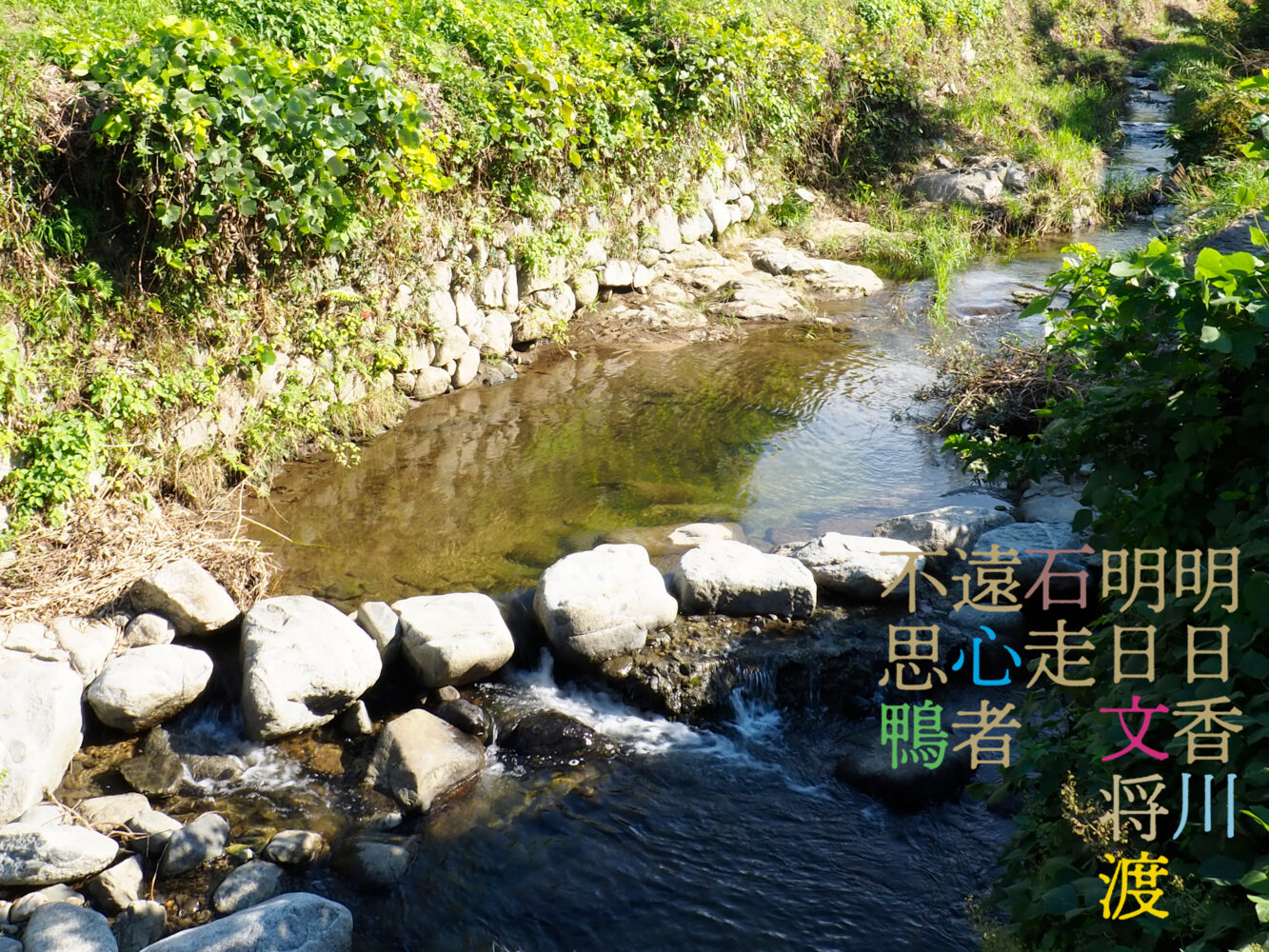
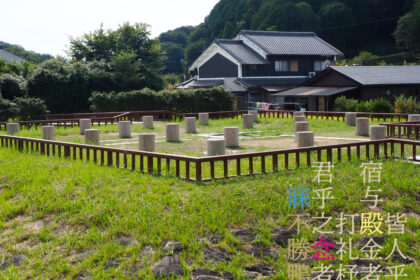
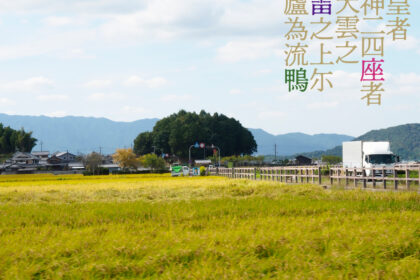

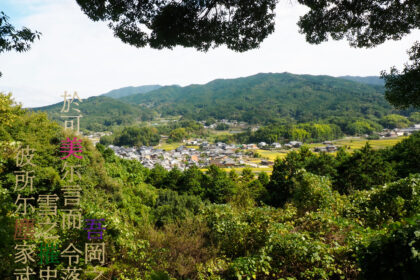
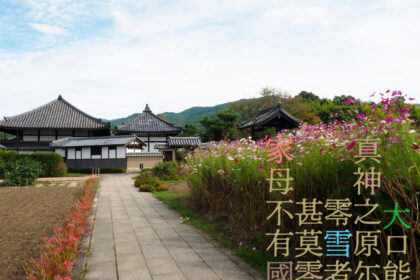
コメントを残す